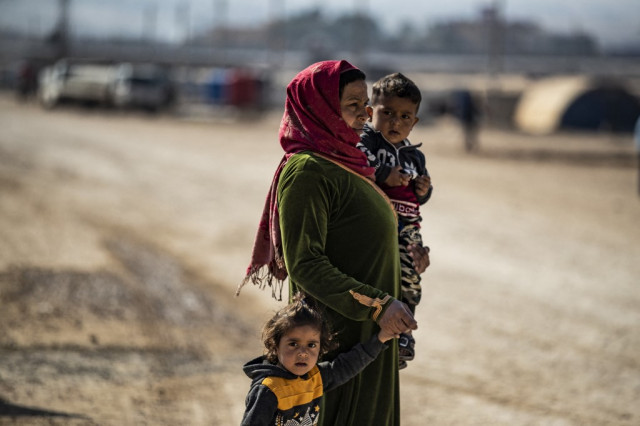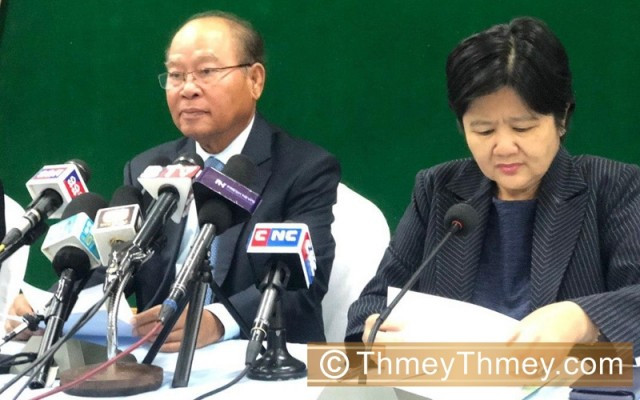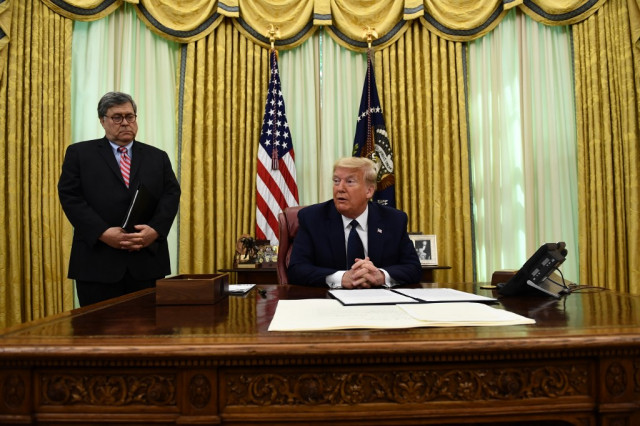SEADS 2023: Governments, Experts and the Financial Sector to Discuss Funding Climate Change
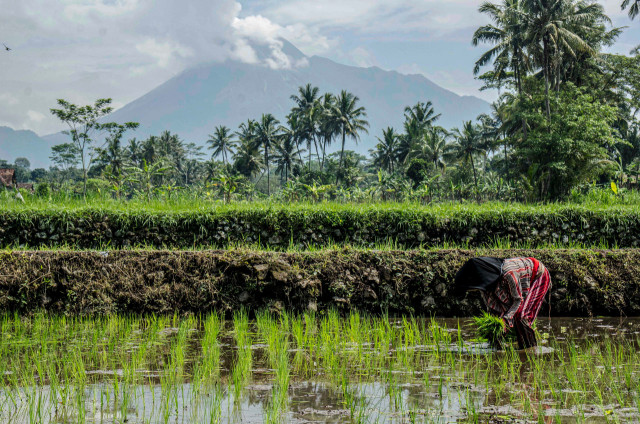
- By Torn Chanritheara
- March 26, 2023 11:30 AM
PHNOM PENH – Moving toward a net zero or zero carbon future is the only solution to climate change, stressed an official of the Asian Development Bank (ADB) ahead of a highly-anticipated symposium convening to discuss solutions to the climate issue and underline the role of the private sector to address it.
The ADB’s Southeast Asia Development Symposium (SEADS) 2023 will be held on March 30 on the theme “Imagining a Net Zero ASEAN,” taking place on the Indonesian island of Bali.
SEADS 2023 will bring together thought leaders, decision makers, and climate action advocates from the government, academia, industry and development sectors to discuss possible solutions to help countries move toward net zero economies and rebound from the economic crisis triggered by the COVID-19 pandemic.
According to Jason Rush, principal regional cooperation specialist at the ADB’s Southeast Asia Regional Department, 8 out of 10 ASEAN members committed to achieving net zero carbon emission by 2050 during the United Nations Climate Change Conference, which was held in late 2022.
Such commitment is really important for the vulnerable people of Southeast Asia who are the most affected by the effects of climate change, which is getting worse and worse, he said.
“The only solution is for every country on Earth to start moving toward net zero, zero carbon future,” Rush said. “If we continue to throw more carbon into the atmosphere, the climate impact will continue to worsen, and the poor will suffer disproportionately from that.”
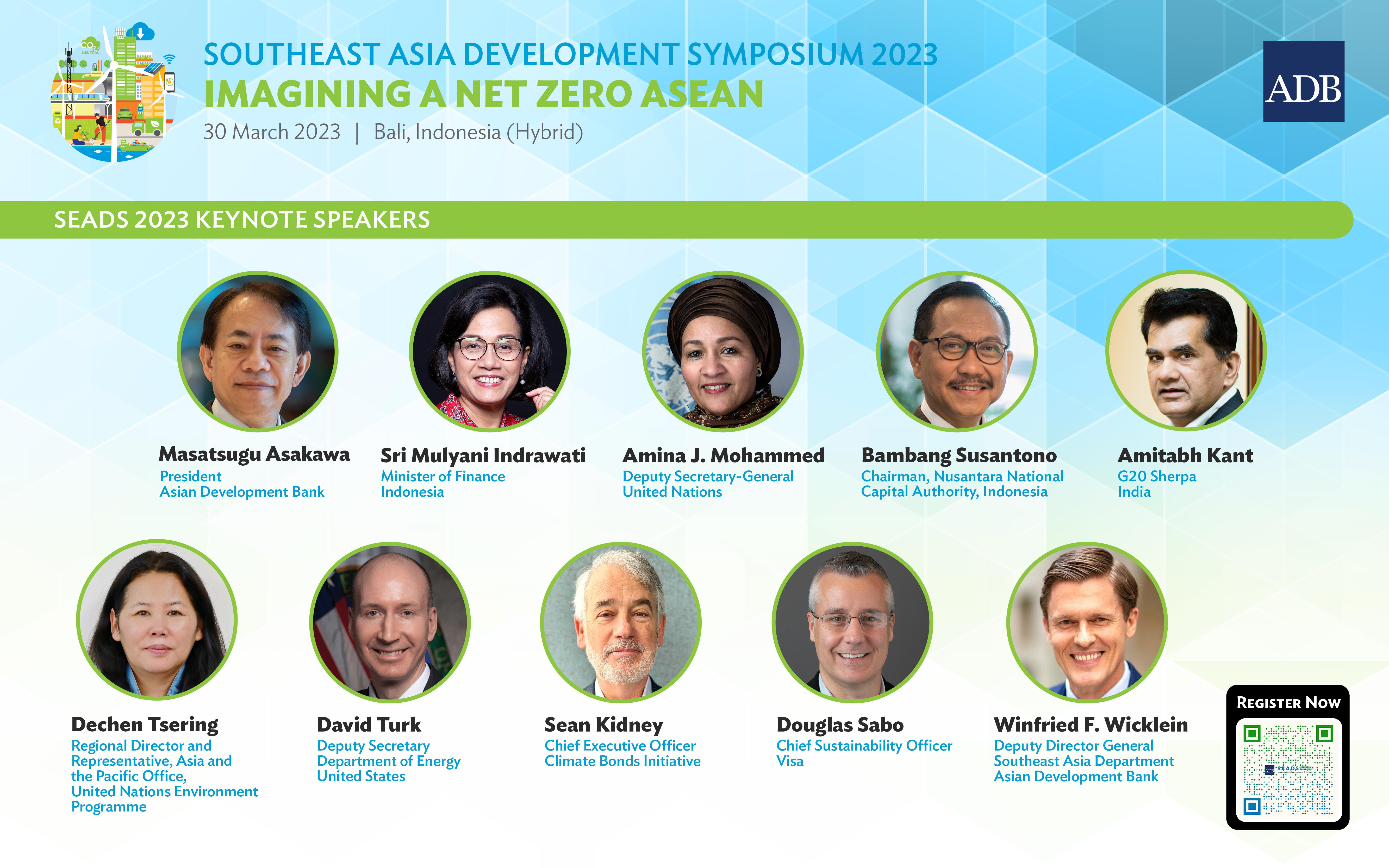
A “Win-Win” Scenario to Help the Poor
Due to the COVID-19 pandemic, SEADS 2023 will the first time the symposium is held with in-person attendees since the event was launched in 2020. Still, as during the previous three symposia, SEADS 2023 will also be open to virtual attendees. A total of 500 in-person and more than 5,000 virtual attendees are expected.
The event will take place at the same time as the ASEAN Finance Minister and Central Bank Governor meeting, Rush said. “We wanted to do that so we can really convince leaders from governments as well as the private sector, civil society and other stakeholders to discuss together this important issue.
“We really need all stakeholders to identify solutions,” he said, adding that combating climate change involves the whole range of sectors from agriculture to health to finance. The issue will be discussed in different sessions during the symposium so that participants can explore innovative ways and creative ideas to address the problem.
ADB President Masatsugu Asakawa, Indonesian Finance Minister Sri Mulyani Indrawati, United Nations Deputy Secretary-General Amina J. Mohammed and United States Deputy Secretary of Energy David Turk will be among keynote speakers at the event.
Not only the technical aspects of how to address climate change will be on the table during the symposium, but also the issue of finance that will take center stage as money is needed to adapt to climate impact and finance a net-zero future, Rush said. Discussions will also turn to developing a win-win scenario, especially to allay the fears of the developing countries concerned over the cost impact when they will take action.
“We need to make sure, when investing for a net zero future and investing to address climate change while ensuring that the poor benefit from this, that it creates new jobs, creates new economic opportunities so no one is left behind when transitioning to a net zero world,” he said.
Pressing Issues for Southeast Asian Countries
As Rush pointed out, the range of impacts that climate change is having in Southeast Asia is extensive, with Vietnam and the Philippines being pounded by severe typhoons and Cambodia and Indonesia suffering from the increasing severity of drought, floodings and landslides.
“This is all climate impact,” he said. “They’ve taken an enormous toll. Again, it is the poor that suffer the most. It hurts the livelihood of farmers and people already living week-to-week.”
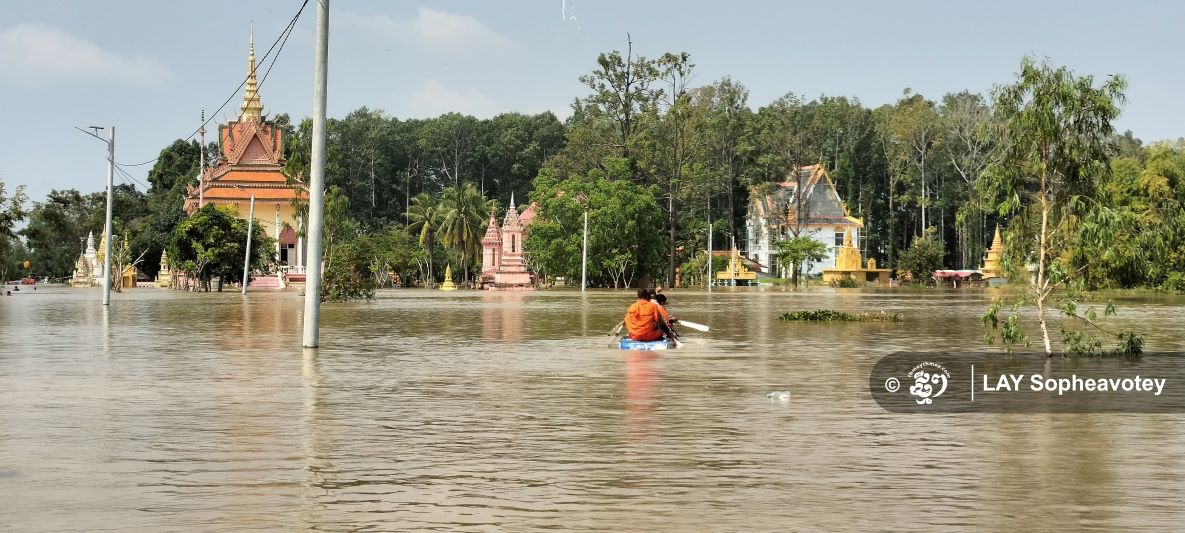 Cambodia was hit by floods in 2022. Photo: Lay Sopheavotey
Cambodia was hit by floods in 2022. Photo: Lay Sopheavotey
According to the ADB specialist, the solution needs to involve holistically the whole package of the interventions that can be implemented to try to make these communities more resilient while addressing the carbon footprint currently generated.
ADB has supported countries in the region by introducing initiatives with energy transition mechanisms being the latest, Rush said, helping them transition from fossil fuel to cleaner and greener forms of energy to enhance energy efficiency. Which is, he added, a win-win scenario.
While pointing out the role of creative technology, Rush underlined during the interview the need to have money to pay the bills and finance a net-zero carbon future and the role of the private sector to do so.
“Governments cannot do it alone,” Rush said. “It is impossible. The only way to achieve a net zero future is the private sector coming on board. So, we have to create new mechanisms to encourage private sectors to invest in a greener future, to invest in green infrastructure and green technology.
“We need to make it profitable for them,” he said.
The ADB has been working with countries in the region through the ASEAN members’ Infrastructure Fund, which provides concessional financing for green infrastructure projects, Rush said. And there also is the possibility of governments co-investing with the private sector in order to have safe investments.
The ADB Role to Help Implementing Climate Policy
As to what the Asian Development Bank (ADB) could do to help countries in the region implement climate policies, Rush pointed out that ADB called itself the “climate bank for Asia and Pacific,” this having become the core of its business operation model.
According to Rush, ADB is committed to providing up to $100 billion by 2030 to support a whole range of initiatives across the Asia Pacific region, being ready to go beyond just talking about it.
He added that ADB not only supports the policy side but also projects submitted to tackle this very complex issue.






